Afficher les éléments par tag : secularization
Finland: recent trends and patterns in religion, secularism and atheism
According to Eurostat (2011), Finland is culturally, ethnically and religiously one of the most homogeneous countries in Europe. This is reflected in its religious landscape: although particularly because of Muslim immigrants and refugees, religious diversity has increased since the 1990’s, the Evangelical Lutheran Church of Finland remains the biggest religious denomination.
Informations supplémentaires
- Auteur Teemu Taira
Malta: a society with values in turmoil
No tourist visiting Malta would nowadays repeat what a traveller to Malta, quoted by John Wignacourt in his 1914 book The Odd Man in Malta, said in 1914 — ‘Malta would have been a delightful place if every priest were a tree…’! Contemporary Malta is much greener than what it was when the Knights of St John were given the arid island in fief in 1530 AD, even though current debate often focuses on the current government’s alleged lack of concern for the environment in its drive to appease the developers. But also because the number of priests has dwindled significantly over the last half a century, and the cry of ‘Malta Kattoliċissima’ (“Malta the most Catholic”) no longer holds sway.
Informations supplémentaires
- Auteur Mario Vassallo
Religion and secularism in Poland
In Poland, religious freedom is guaranteed by the 1997 Constitution and by international instruments incorporated into Polish law. The country is also party to most European and universal human rights documents. In 2003, the number of Catholics was estimated at 34,443,998 (90.1 % of the entire population), the number of Orthodox Christians at 510,712 (1.34 %) and the number of Protestants at 162,102 (0.42 %). Surveys of the Centre of Public Opinion Research (CBOS) and the Catholic Church Institute of Statistics have shown that 90 % of the Polish population consider themselves a religious person, whereas the latest CBOS survey (2015) reveals that 50 % of the population participates in mass at least once a week (58 % in 2005). The same survey indicates that the proportion of people who do not attend Church services has increased from 9 % in 2005 to 13 % in 2015. Daily prayer is also in steep decline: from 66 % in 2005 to 43 % in 2015.
Informations supplémentaires
Poland
In Poland, religious freedom is guaranteed by the 1997 Constitution and by international instruments incorporated into Polish law. The country is also party to most European and universal human rights documents. In 2003, the number of Catholics was estimated at 34,443,998 (90.1 % of the entire population), the number of Orthodox Christians at 510,712 (1.34 %) and the number of Protestants at 162,102 (0.42 %). Surveys of the Centre of Public Opinion Research (CBOS) and the Catholic Church Institute of Statistics have shown that 90 % of the Polish population consider themselves a religious person, whereas the latest CBOS survey (2015) reveals that 50 % of the population participates in mass at least once a week (58 % in 2005). The same survey indicates that the proportion of people who do not attend Church services has increased from 9 % in 2005 to 13 % in 2015. Daily prayer is also in steep decline: from 66 % in 2005 to 43 % in 2015.
Blurring boundaries: patterns of religiosity in contemporary Sweden
Secularity in Sweden is ambiguous. Even though it may be considered as a particularly secular context, the religious and the secular in Sweden can be described as intertwined. This could explain some of the contradictions and paradoxes in the Swedish religious landscape. Sweden is often thought of as a secularized country, sometimes as the most secularized in the world. Indeed, if believing in God and going to church are central features of religiosity, Sweden may be described as an exceptionally secular context. For example, when compared to other countries, church attendance in Sweden is extremely low. In the large quantitative study known as ‘World Value Survey’ (2010-2014), in which scholars have measured what people have consider to have been important values over the past decades, only 3 % of Swedes answered that they attend church every week.
Informations supplémentaires
- Auteur Ann af Burén





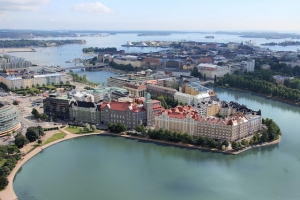
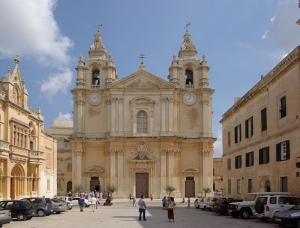
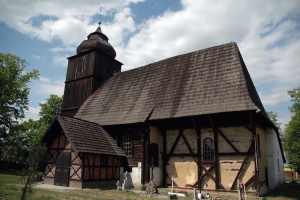
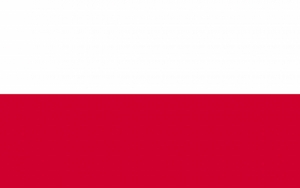
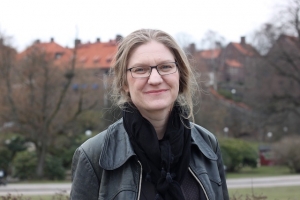
 MangoGem
MangoGem